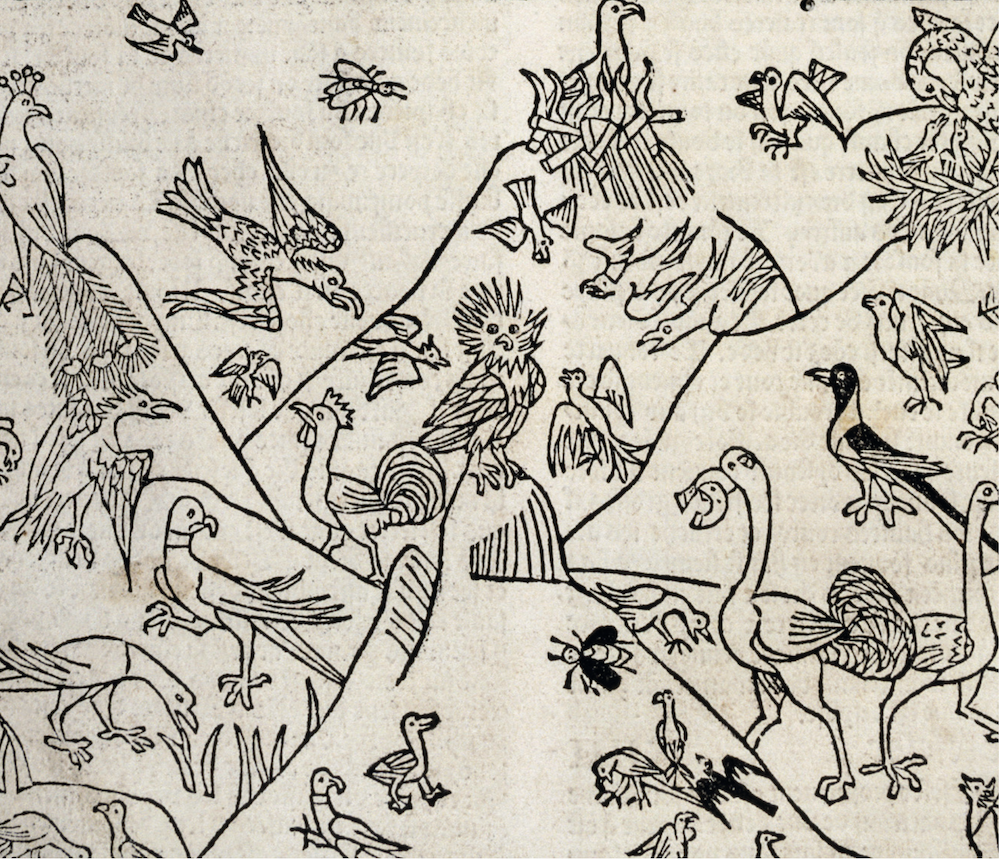The Meaning of Lore - 5 minutes read

Lately I’ve been thinking about the word lore. As someone interested in language history, I’m always pleased when a word that seems to be heading for obsolescence unexpectedly acquires a new lease of life. In internet fan culture, that’s what has happened to lore. It seems an unlikely candidate for a revival, but this antiquated word is flourishing in its new environment.
Lore is a word with a long history. In origin, it was synonymous with learning or knowledge: anything that could be learned or studied was lore. In Old and Middle English the word was used to cover many fields of knowledge, including science, history, religious doctrine and multiple other areas of study. After the medieval period, however, lore gradually shifted its meaning. It came to refer not to academic study but to almost the opposite: traditional, popular, anecdotal knowledge, passed on by word of mouth rather than through book-learning.
This kind of lore has an uneasy relationship with the scholarly fields of study which the word originally denoted. The OED entry for the word records an 1830 suggestion that English should adopt new names for the sciences replacing -ology with lore: birdlore instead of ornithology, earthlore instead of geology. Similar suggestions for reforming English vocabulary and eliminating loanwords (sometimes referred to as ‘Anglish’) have been intermittently proposed over the centuries, ever since intellectual fashion in the early modern period flooded the English language with a scientific vocabulary derived predominantly from Latin and Greek.
As a result of that fashion, English- speakers now tend to associate words drawn from Germanic roots with the ordinary and everyday, not the theoretical and academic, however technical their original usage might have been. Trying to use them as scientific vocabulary sounds folksy and quaint, so earthlore was never likely to catch on. Perhaps the most familiar form of lore, folklore, was coined in 1846 deliberately to evoke these associations: the word’s inventor wanted what he called a ‘good Saxon compound’ to describe the oral traditions of ‘the People’. Ironically, that’s not what lore would have implied to an Anglo-Saxon at all. The lore/ology distinction follows this well-established pattern: lore suggests oral, not written; anecdotal, not source-based; intuitive, not scientific. Where two bodies of knowledge about the same topic co-exist, the distinction can be a useful one. Think for instance of the difference between meteorology and weather-lore, the scientific study of weather versus knowledge about the subject gathered through experience and passed down through tradition. Information in the category of weather-lore might not meet scientific standards for verifiability, but may still have a cultural value that makes it worth transmitting.
That brings us to the newest manifestation of lore. In popular culture, lore now refers to the body of knowledge associated with a particular piece of media. Novels, video games, comic books and TV programmes, even sitcoms and children’s shows, all have lore, detailed information which fans pore over and explain to newcomers. This lore encompasses anything from the backstory of a fictional universe to niche facts, hidden details and in-jokes which help the viewer to better understand what’s going on. Much of this lore is just fun information, but it also has an explanatory power – it’s context you need to know in order to get the most out of what you’re watching.
Such modern lore is closer to the medieval senses of the word than the 19th-century ones. Nobody is pretending that knowing the backstory of a fictional universe qualifies as a science – but it isn’t lore in the folklore sense, either. It’s made up of in-depth information about extremely specialised topics, based on close scrutiny of sources and requiring a considerable investment of time. A quick scroll through YouTube will show that there are millions of people who devote themselves to studying and sharing such lore. Their usage is probably gaining ground over the other meanings of the word; I suspect that if you asked the average teenager to define lore, video games rather than folk wisdom would be their first thought.
I think historians can find this heartening. A willingness to plunge deeply into this kind of lore suggests an appetite for the extensive study of backstory, supported by sources, the more niche and detailed the better. Can this appetite also be fed by the stories and sources in which (non-fictional) history is even more rich? The academic field of history used to be one variety of what medieval English-speakers called lore; perhaps we should appeal to modern lore- experts by rebranding history with its old, but newly reborn, name.
Eleanor Parker is Lecturer in Medieval English Literature at Brasenose College, Oxford and the author of Conquered: The Last Children of Anglo-Saxon England (Bloomsbury, 2022).
Source: History Today Feed